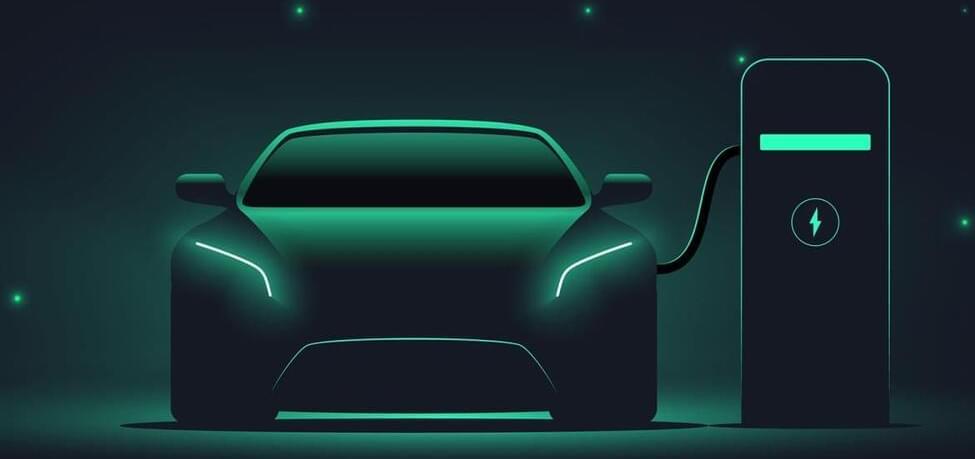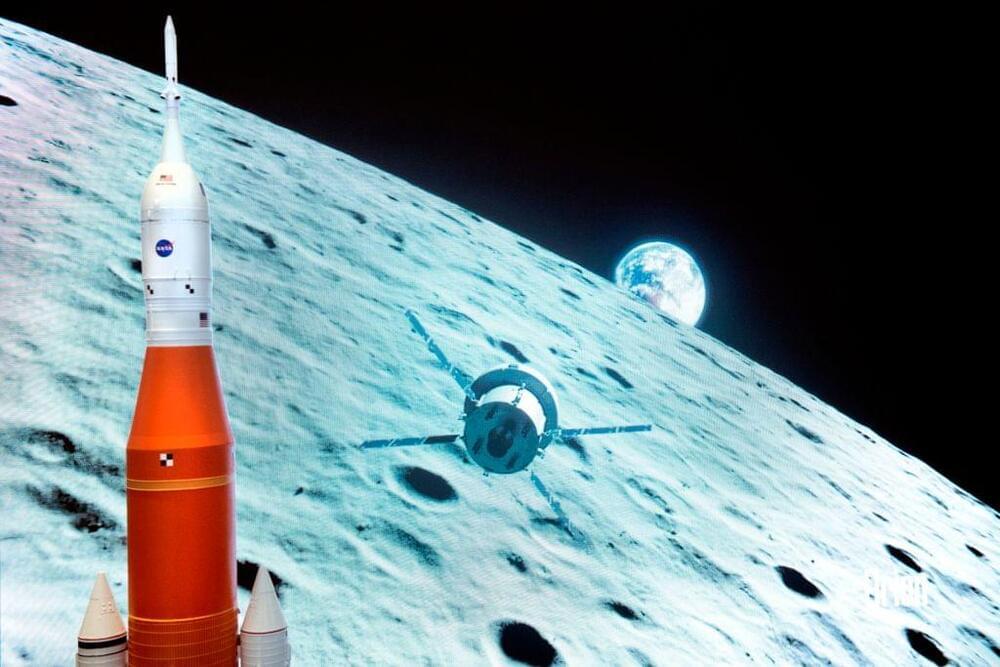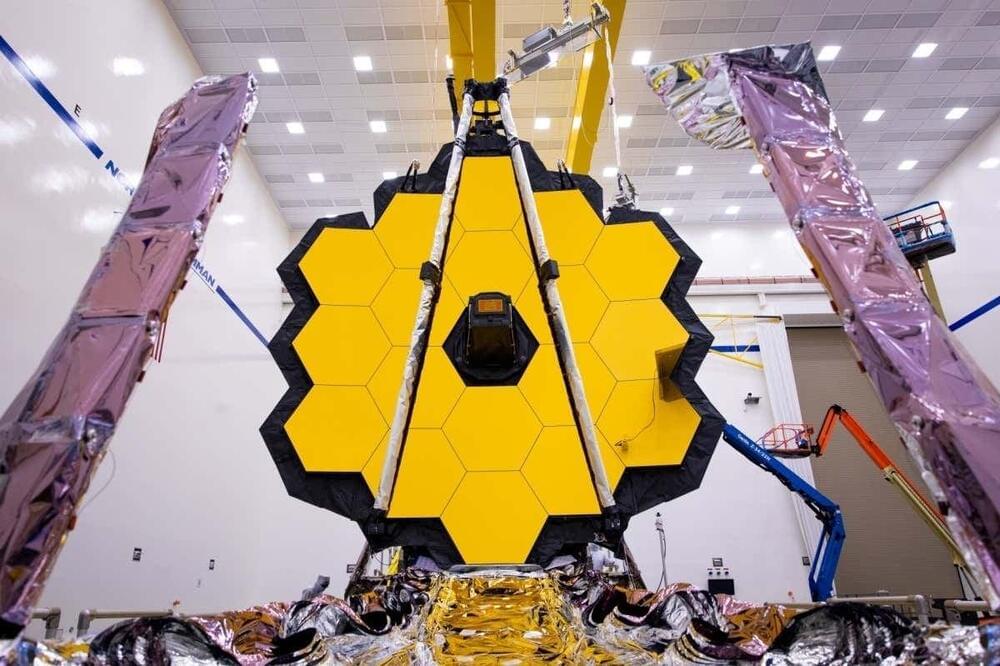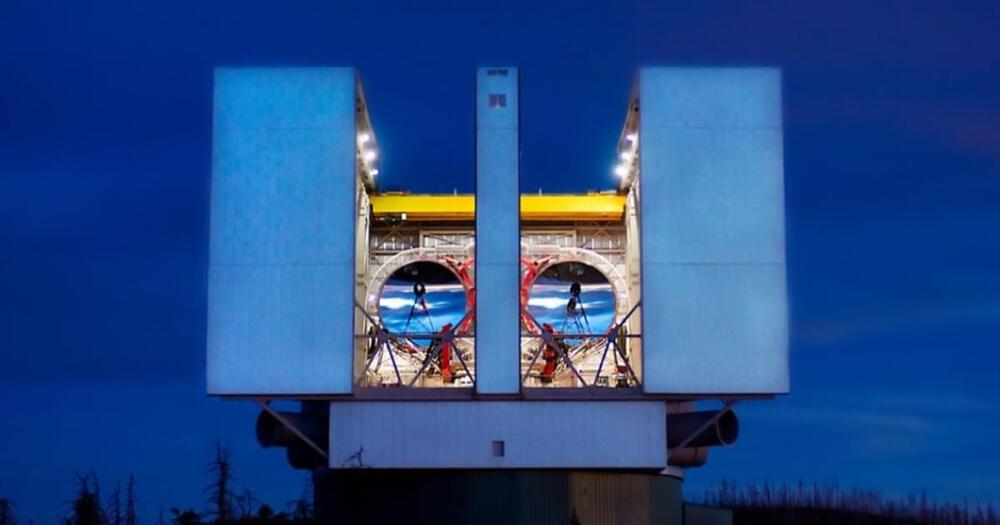When you imagine a galaxy like our Milky Way, you’re probably picturing a swirl shape with arms reaching out from a central point. These spiral arms are a classic feature of many galaxies. Similar structures can be found around young stars which are surrounded by disks of matter from which planets form, called protoplanetary disks. Now, astronomers have discovered evidence that these structures could be created by recently formed exoplanets.
Astronomers used Large Binocular Telescope in Arizona to investigate a giant exoplanet named MWC 758c which seems to be forming the spiral arms around its host star. Located 500 light-years away, the star is just a few million years old, making it a baby in cosmic terms. “Our study puts forward a solid piece of evidence that these spiral arms are caused by giant planets,” said lead researcher Kevin Wagner of the University of Arizona in a statement. “And with the new James Webb Space Telescope, we will be able to further test and support this idea by searching for more planets like MWC 758c.”
The star still has its protoplanetary disk of dust and gas around it, making it comparable to the early stages of our own solar system. “I think of this system as an analogy for how our own solar system would have appeared less than 1% into its lifetime,” Wagner said. “Jupiter, being a giant planet, also likely interacted with and gravitationally sculpted our own disk billions of years ago, which eventually led to the formation of Earth.”







